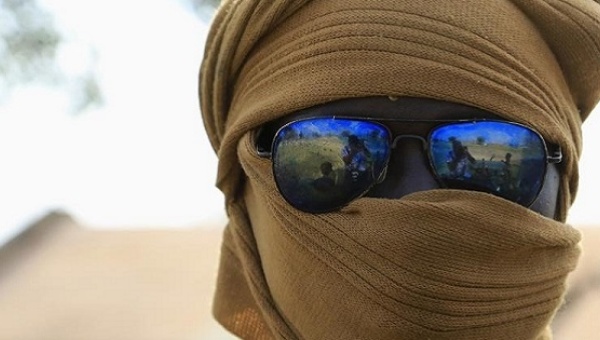-
Tips for becoming a good boxer - November 6, 2020
-
7 expert tips for making your hens night a memorable one - November 6, 2020
-
5 reasons to host your Christmas party on a cruise boat - November 6, 2020
-
What to do when you’re charged with a crime - November 6, 2020
-
Should you get one or multiple dogs? Here’s all you need to know - November 3, 2020
-
A Guide: How to Build Your Very Own Magic Mirror - February 14, 2019
-
Our Top Inspirational Baseball Stars - November 24, 2018
-
Five Tech Tools That Will Help You Turn Your Blog into a Business - November 24, 2018
-
How to Indulge on Vacation without Expanding Your Waist - November 9, 2018
-
5 Strategies for Businesses to Appeal to Today’s Increasingly Mobile-Crazed Customers - November 9, 2018
UN cites ‘horrendous’ human rights situation in South Sudan
The U.N. human rights office says South Sudan’s government has operated a “scorched earth policy” of killing, raping and looting civilians as it fights rebels in the country’s civil war.
Advertisement
United Nations human rights chief Zeid Ra’ad Al Hussein meanwhile warned that brutal rapes had been used systematically as “an instrument of terror and weapon of war”.
Less than five years ago, many around the world viewed South Sudan as a success story.
A new report released Friday says all parties in the conflict have committed serious and systematic violence against civilians, but says state actors bore the greatest responsibility during 2015 as opposition forces grew weaker. The report places majority blame on state officials for the crimes, stating that some allied forces have been allowed to rape women in lieu of wages.
“We take seriously these allegations as a responsible government”, presidential spokesman Ateny Wek Ateny said of the Amnesty report.
In the report, the United Nations human rights office painted a harrowing picture of civilians suspected of supporting the opposition, including children, being burned alive, suffocated in shipping containers, hanged from trees and cut to pieces.
In scorching detail, the report, which focused on events in 2015, cited cases of parents being forced to watch their children being raped, and said investigators had received information that some armed militias affiliated with government forces “raided cattle, stole personal property, raped and abducted women and girls” as a type of payment.
The government denies civilians were targeted by its military but says it’s investigating.
Amnesty said researchers spoke to 42 witnesses to the October incident, including 23 who said they saw the men and the boys being forced into one or more shipping containers and dead bodies being removed.
“Dozens of people suffered a slow and agonizing death at the hands of government forces that should have been protecting them”, said Lama Fakih, Amnesty International senior crisis adviser, in a statement. In addition, it accused of perpetrating human rights abuses, resistance combatants. But in 2013 President Salva Kiir accused his fired deputy, Riek Machar, of trying to oust him in a coup, and the world’s youngest nation became embroiled in a violent conflict. Hostilities broke out along tribal lines with the Nuer community backing rebel leader Machar, while the Dinka tribe aligned with the President.
Since then, militias loyal to both men have battled against each other in a bitter and bloody civil war that has cost thousands of lives and displaced millions.
Advertisement
He said the atrocities may have been carried out by militias wearing SPLA uniforms, but stressed that government troops operate under “strict rules of engagement” that prohibit the targeting of civilians.





























